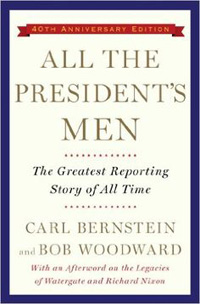Book Rave: Ashley’s War
Monday, November 9th, 2015Full title: Ashley’s War: The Untold Story of a Team of Women Soldiers on the Special Ops Battlefield
 Ashley’s War, by Gayle Tzemach Lemmon, is a nonfiction account of the first wave of women in the US Army who volunteered to be part of the “cultural support teams†that accompanied Army Rangers and Green Berets on missions in Afghanistan.
Ashley’s War, by Gayle Tzemach Lemmon, is a nonfiction account of the first wave of women in the US Army who volunteered to be part of the “cultural support teams†that accompanied Army Rangers and Green Berets on missions in Afghanistan.
These teams were developed beginning in 2011 because it was felt that women soldiers could interact more effectively with Afghan women, most of whom are forbidden from interacting with men who are not immediate relatives. The program proved successful. Women soldiers came to be seen as a “third gender,†one whose presence didn’t threaten the social status of Afghan men.
But Ashley’s War isn’t about Afghan culture or the politics of war. Instead it’s firmly focused on the stories of the American soldiers who volunteered for this program, and who survived the brief but rigorous training. These women came from diverse backgrounds. Some were regular army, some were National Guard. Some were on their own from a very young age, some came from strong families. Some were from families with traditional military backgrounds, and some were from civilian families. All were athletic and determined, and most joined the military because they wanted to be soldiers, and to experience combat.
As the story develops, it’s fascinating to see these women coming to terms with what it means to be a “strong woman character,†as we so frequently discuss in fiction:








 Yes, I’m a bit behind the curve on this one, and no, I haven’t seen the movie (though I plan to).
Yes, I’m a bit behind the curve on this one, and no, I haven’t seen the movie (though I plan to).